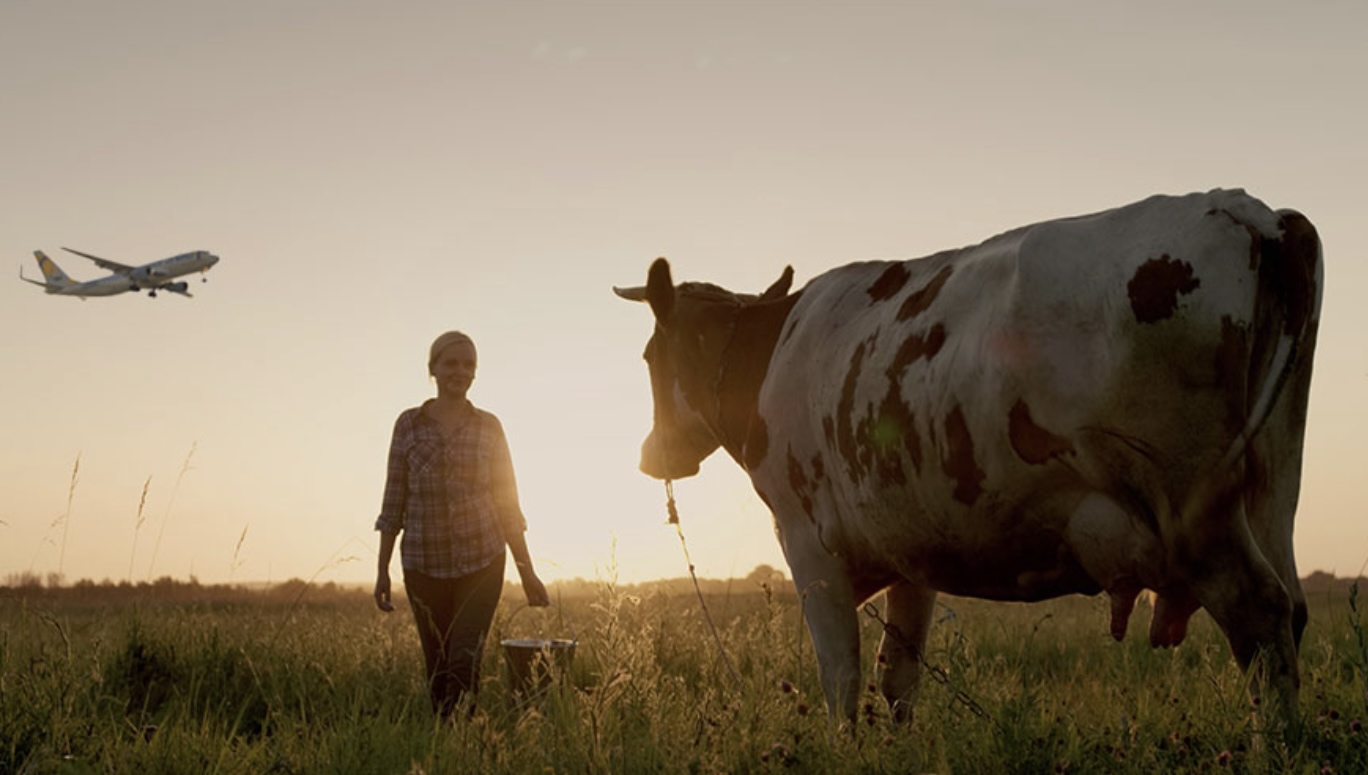
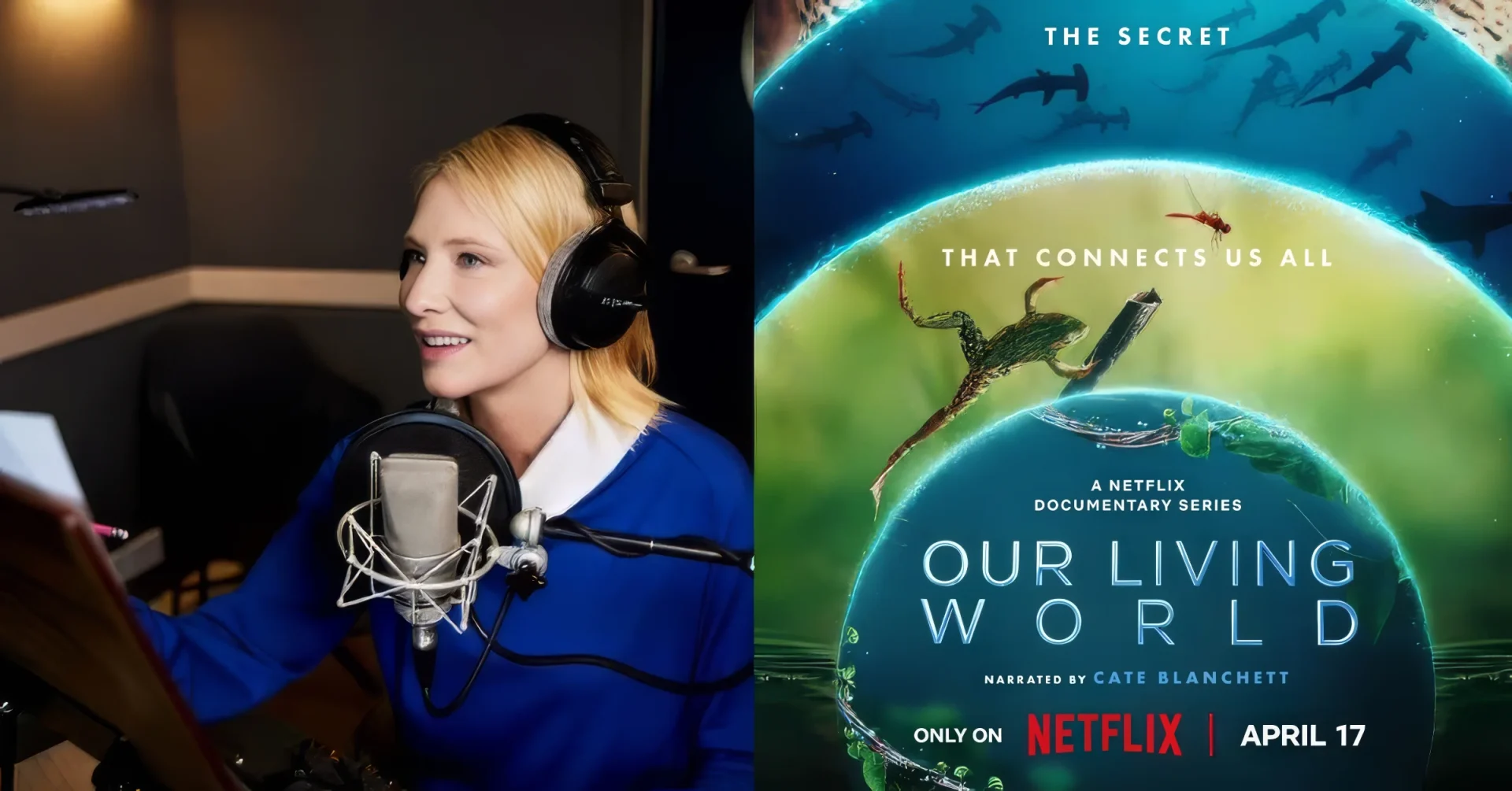
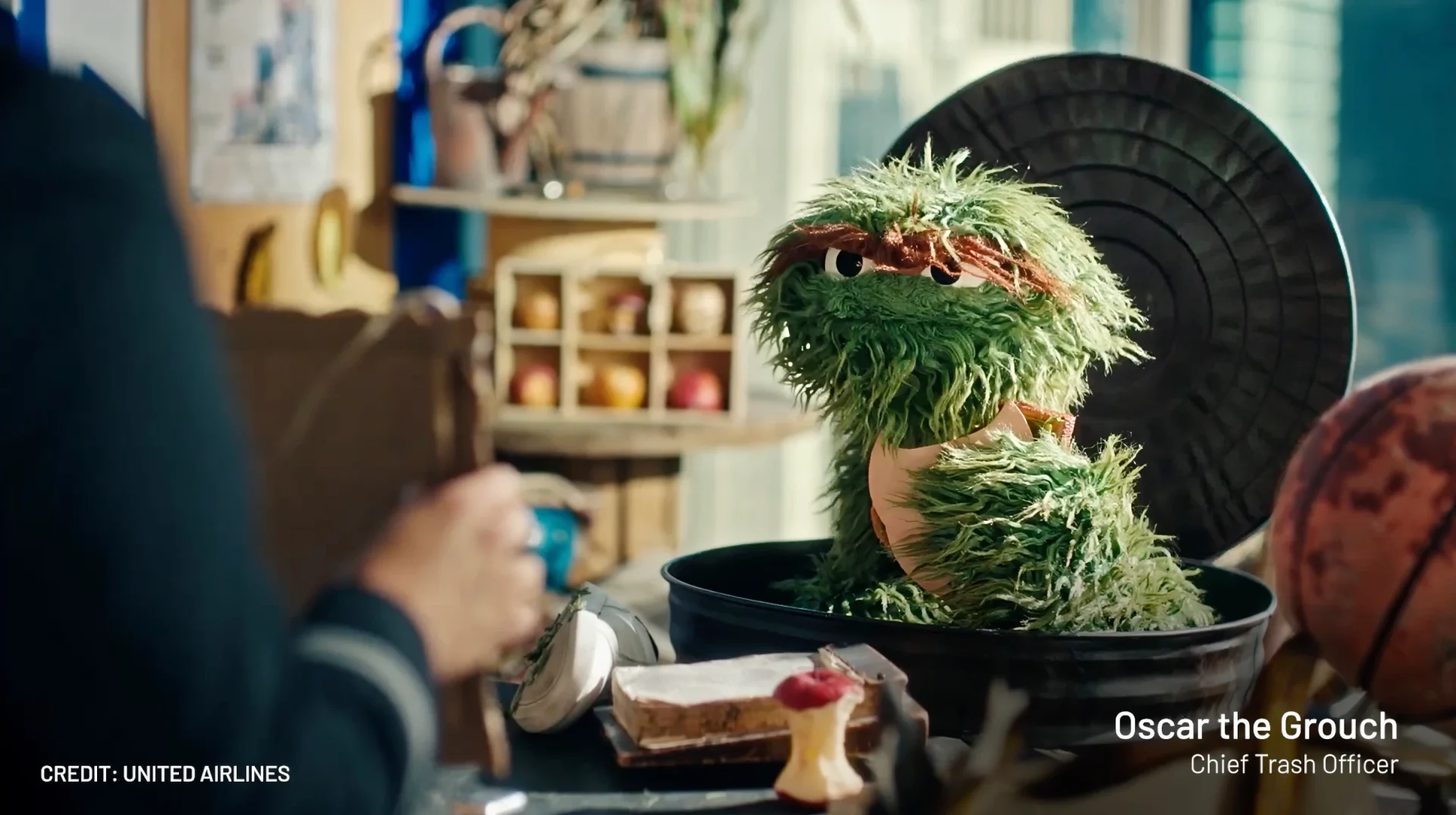
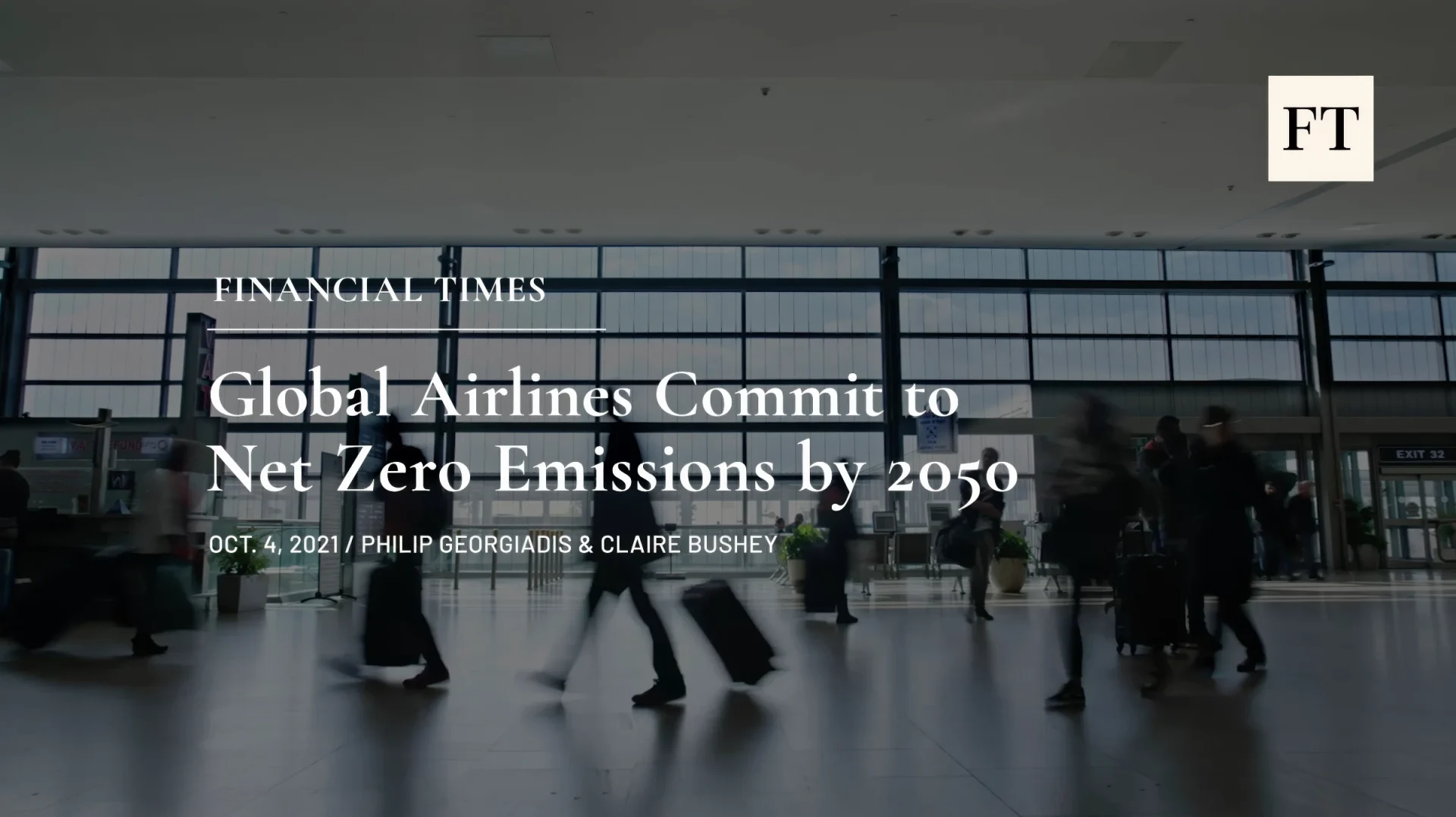
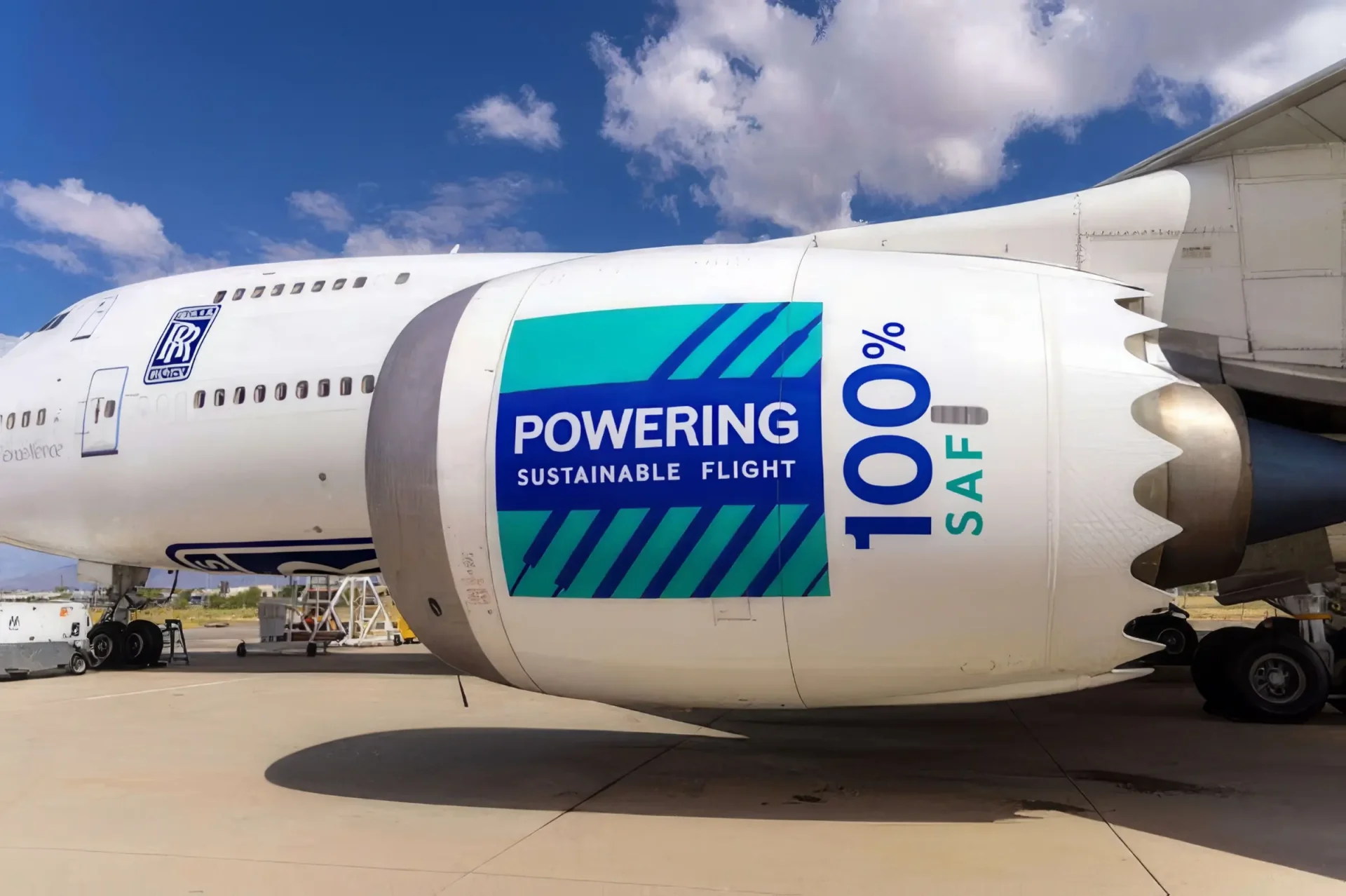
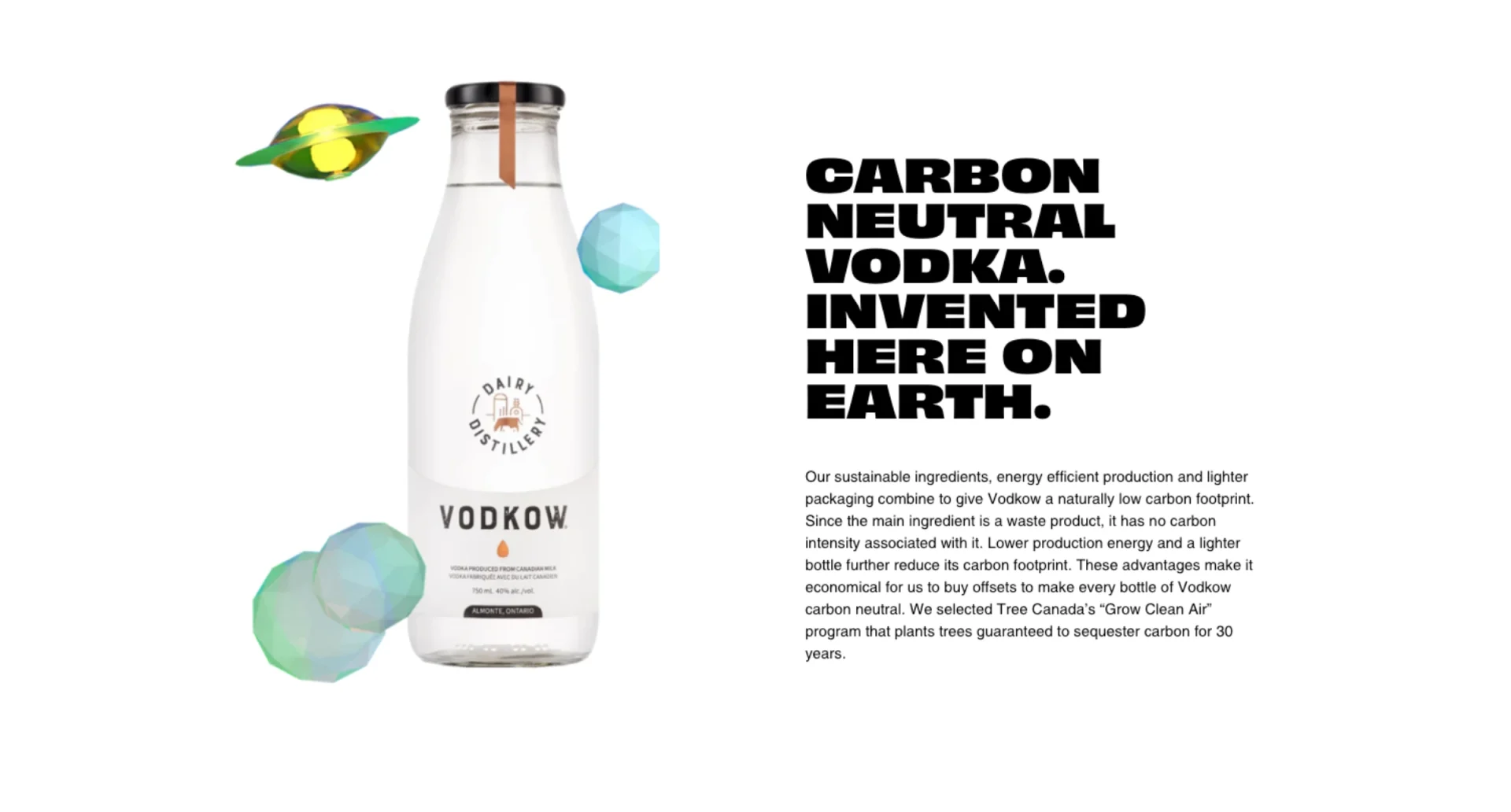
Sustainability, Ecology & The Environment
I combined my learnings field producing OUR LIVING WORLD, Netflix’s 2025 Emmy-nominated Cate Blanchett-narrated nature series about the “living network that connects everything on Earth” and research into MIT Co-Creation Studio’s doctrine on “co-creating with natural systems” into an article on Natural Intelligence as an antidote to blind AI hype that doesn’t take the environment into account.
I now include nature (or rather co-creating with Natural Intelligence) alongside discussions about tech, storytelling and culture in my teaching and strategy. All informed by an education in and passion for philosophy, especially Deleuze and Guattari’s A THOUSAND PLATEAUS and Guattari’s THREE ECOLOGIES.
I also stepped up my sustainability research game while creating B2B communications for DD Biofuel, including the white paper, web copy and strategy video, helping raise $50 million for a pilot facility that turns dairy waste into Sustainable Aviation Fuel (SAF). SAF emits 80% less carbon than traditional aviation fuel. With hydrogen and electric airline travel decades away, SAF is the only solution ready today to help airlines and governments to hit their 2050 net zero targets. Aviation currently accounts for 2% of global carbon output, but if left unchecked, it could reach 20% by 2050.
DD Biofuel’s first facility is now operational, and part of a half-billion dollar business plan outlined in the strategy video I made based on proprietary technology developed by Dairy Distillery, makers of carbon-neutral Vodkow vodka, winner of the highest offer in DRAGONS DEN’s history.
Both ventures are lead by Omid McDonald, with whom I co-founded the MaRS-funded Legitmix music-tech platform, and for whom I provided communications strategy from Vodkow’s launch in 2018, to its expansion into other sustainable milk-waste products under the Dairy Distillery brand, to its spin off into DD Biofuel. All of which enabled me to take a deep dive into sustainability, renewable energy, ethanol production, and the pitfalls of ESG and greenwashing. It also brought one of my mentors into the mix, leading cultural strategist Doug Cameron, founder of AD AGE Agency of the Year DCX.NYC.
Summing it all up nicely is this script I wrote for the DD Biofuel strategy video, distilled from my white paper:
What if cows could help us achieve carbon neutral aviation by 2050? No, this isn’t just another greenwashing campaign. It’s DD Biofuel using hard science to transform dairy waste into Sustainable Aviation Fuel.
Aviation accounts for more than 2% of global greenhouse gas emissions, and could climb to 20% by 2050 – with yearly passengers set to increase from 2 to 10 billion. Putting immense pressure on the aviation industry to reach net zero instead.
Right now, Sustainable Aviation Fuel or SAF for short is the only viable way to significantly reduce aviation’s carbon footprint.
SAF is compatible with existing aircraft, lowering carbon emissions by as much as 80%. Most SAF comes from waste oil and fat feed stocks, but there’s nowhere near enough SAF to meet US aviation’s ambitious targets.
So huge investments are pouring in, especially for new waste based feedstock sources with United Airlines. Even appointing Oscar the Grouch as Chief Trash Officer.
Enter Dairy Distillery. Who since 2018 have been developing a proprietary process to turn a byproduct leftover from the dairy industry into award-winning carbon neutral vodka. Dairy Distillery will now use that proprietary process to turn the same waste based byproduct called milk permeate into ethanol for SAF production.
The new venture is called DD Biofuel.
Given the insatiable demand for SAF for decades to come, and substantial government incentives, DD Biofuel raised funding for a state-of-the-art ethanol plant, with the aim of making the lowest cost and lowest carbon intensity SAF feedstock in the world
And partnering with dairy processors to use permeate from US dairy production to make as much as 100 million gallons of s per year.
A small part of what US aviation needs to hit its ambitious net zero targets. But all solutions are needed. From hydrogen and electric still decades away. To zany ones like making jet fuel from dairy waste. Today.
The demand – and stakes – couldn’t be higher.